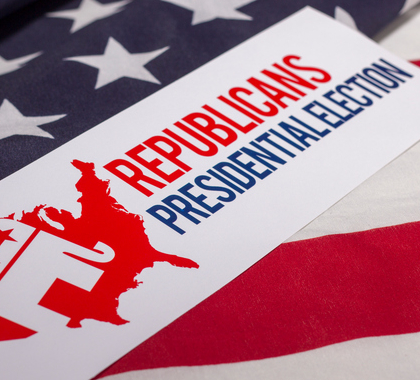The first 100 days of a Presidency are often called the “Honeymoon” period. Some honeymoon! By most accounts, it was 100 days of a contentious divorce proceeding, with the Democrats wanting to keep the (White) house and the bank account. By contrast, all Bill Clinton took was the dishes and flatware (and the “w” keys from the typewriters).
Trump’s major victory was the appointment of Neil Gorsuch to the Supreme Court, which happened despite the endless delays and recriminations hurled against Gorsuch aimed at sinking his appointment. In short order, Gorsuch’s appointment should put an end to judges in the 9th Circuit using campaign statements instead of judging the law as written. Appropriate for such behavior would be a penalty, possibly impeachment or a “three strikes and retire” rule.
Another contentious and non-compromising issue for Democrats was the dismantling of their sacred cow, Obmacare.
On May 4 the House voted to dismantle the pillars of the Affordable Care Act and make sweeping changes to the nation’s health care system with no help from the Democrats. Read here is what the Republican Repeal bill actually does.
The (dis)loyal opposition, as to be expected, has raked the Republican Repeal Bill over the coals, claiming that 24 million people will lose their insurance under Trump’s AHCA. This is nothing less than a lie promulgated for political purposes. Trump has made it clear that pre-existing conditions and Medicaid will continue, but in a more manageable format.
How did Obamacare (ACA) really fare? The Democrats claim that 20 million people got insurance for the first time. That includes 11.2 million people who qualified for Medicaid under relaxed income rules. In fact, individuals making less than $35k annually were forced into Medicaid by the Exchange program. While this insurance comes at no immediate cost to the recipient, there are downsides. First of all, having insurance does not guarantee health care, and many hospitals and physicians refuse to accept Medicaid patients. Secondly, most of the expense is borne by the states, which will place a lien on the estate of recipients in order to recover some of that cost.
The other hidden factor is the huge number of middle-income citizens who lost their coverage (the policies Obama said they could keep). In 2016 is 6.5 million people paid the penalty rather than buy expensive insurance. That’s a matter of public information. However many more are paying for insurance which does them no good. The cost varies from about $6,000 to over $12,000 a year, but the deductibles are so high (typically $6,000) that it pays no bills short of a medical disaster. Prior to Obamacare, this was called “major medical” insurance. Now they are forced to pay comprehensive insurance premiums for major medical coverage.
Fortunately, the majority of families are covered under work-related policies through corporations and union. The catch is those benefits are now taxed, with a high penalty when they exceed the “Cadillac” cost of $12,000, which is about the same cost as Obamacare for the few paying Obamacare customers.
The new AHCA will eliminate unneeded coverage and most penalties, reducing the cost for Middle Americans. Requirements placed on small businesses will be relaxed, and the threshold for full time work raised once again to 40 hours/week. This will encourage economic growth, and fewer people who seek part time work will need two or more jobs. A high-risk pool will be established for chronic and pre-existing illnesses, much as works with automobile insurance. The cost will be shared by the Federal government, states and the recipients. The cost is high, but affects relatively few individuals. Most policies prior to Obamacare only denied coverage for a specified period of time, like two years.
Hopefully contrarian U.S. Republican senators will soon get their act together, and instead of looking down at House Republican senators as second-class legislators, will come on board to pass the House, without a complete rewrite, so President Trump can sign AHCA into law.
[Originally Published at Illinois Review]





